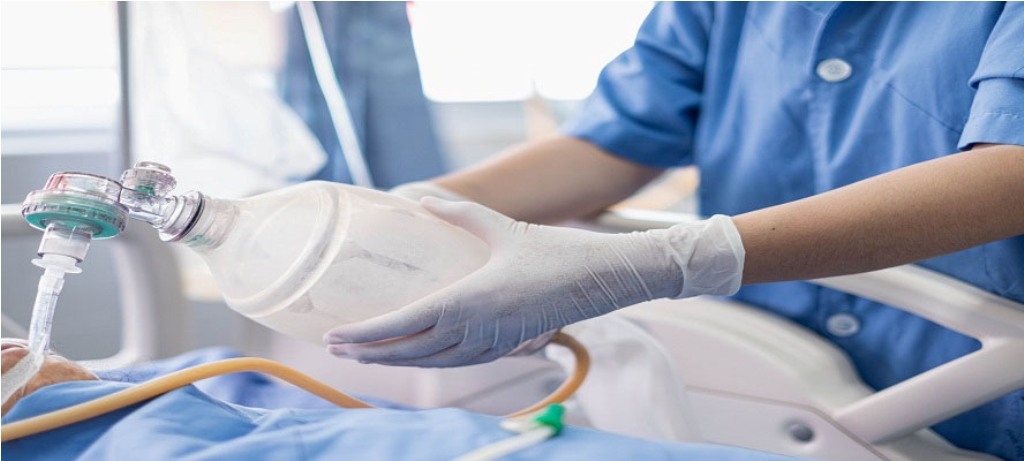
IT Correspondent
New Delhi, July 25:
The National Aerospace Laboratories (NAL), Bengaluru, a constituent of Council of Scientific and Industrial Research (CSIR), New Delhi, which has developed ‘SwasthVayu’ India’s first non-invasive ventilator is expected to start human clinical trials soon.
The device registered with the Central Drug Research Institute (CDRI) and Central Drugs Standard Control Organisation (CDSCO), is an ideal to treat patients with respiratory failure in both COVID and non-COVID situations, either in the ICU or non-intensive medical conditions. The device is expected to provide relief to patients unable to get ICU beds.
“SwasthVayu” is equipped with advanced features like Bi-level mode (BiPAP), Continuous Positive Airway Mode (CPAP), spontaneous modes and 3D printed HEPA-T filter adapter connected directly to the non-ventilated mask. It has a special provision to connect to the oxygen concentrator externally.
The device is expected to save the lives of numerous patients, suffering from respiratory failure-a medical emergency characterized by low oxygen and high carbon-dioxide levels in the body due to the inability to breathe appropriately as compared to a normal healthy person.
The ethics and scientific committee at Manipal Hospitals, Bengaluru (Karnataka) has approved the device for clinical trials under Dr Satyanarayana, Head of Pulmonology and Sleep Medicine as the Principal Investigator.
‘SwasthVayu’ has been developed in collaboration with Dr Satyanarayana Mysore HOD, Lung Transplant Physician, Manipal Hospitals, Bengaluru and Dr Anurag Agarwal, Director, Institute of Genomics and Integrative Biology (IGIB) a constituent of CSIR.
Dr. Satyanarayana Mysore said that the device will be a bonanza for treating sleep-disordered breathing including Obstructive Sleep Apnea and other sleep apnea. Besides it will be of paramount importance in minimizing the risk of virus spread. The device also has a special provision to connect to the oxygen concentrator externally.
Dr. C.M. Ananda, Chief scientist and Head Electronics Division of NAL said that the device has been subjected to trials on artificial lung models and has successfully passed stringent electrical safety, performance, calibration, bio-compatibility tests at National Accreditation Board for Testing and Calibration Laboratories (NABL).
At the beginning of the pandemic, foreseeing the large outbreak of COVID 19 cases in India, there was a call by Prime Minister Narendra to all the entrepreneurs and scientists, to innovate and ramp up health care systems, including increasing the number of ventilators. However with growing number of patients, demand for ventilators is more and it would not be met even through imports. As such there was a compelling need for indigenous ventilators to mitigate the acute shortage of ventilators.



